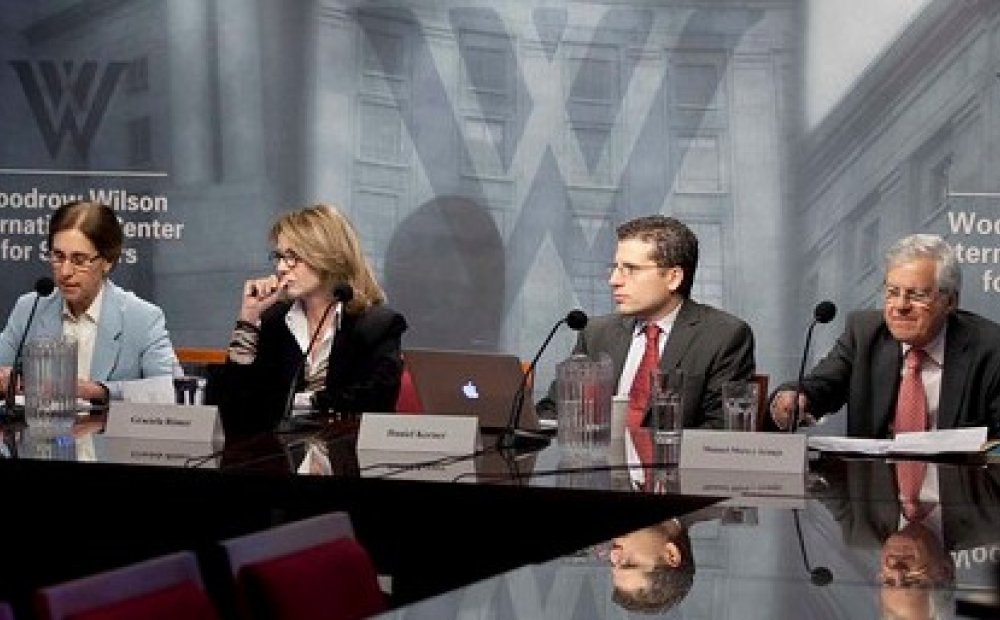Argentina’s Presidential Elections: A Post-Elections Assessment

On October 23rd, Cristina Fernandez de Kirchner won a crushing first round victory, garnering almost double the number of votes of the 2nd and 3rd place candidates combined. Kirchner’s party, together with its historical allies, has a working majority in both houses of Congress.
In most ways, the only surprise would have been if Kirchner had been defeated. The IMF estimates that in 2011, Argentina will have the fastest growing economy in all of Latin America, about double the rate of growth in Brazil. Strong Chinese demand for agricultural products, along with a strongly competitive manufacturing sector, serve as the basis for this dynamism.
Polls taken by Ipsos and Manuel Mora y Araujo before the election demonstrated that almost 2/3’s of the population think things are going well economically and close to half believe that the country’s situation will get better in the next year.
But there are, as we know, important vulnerabilities. Argentina is estimated to have the second highest inflation rate in the world, after Belarus and just ahead of Venezuela. The public is concerned about inflation, but even more about the situation of crime, violence, and citizen insecurity.
It is important to note however, just one day prior to this event, the Argentinecourt system handed down convictions for sixteen military officers involved in the torture, murder, and disappearance of Argentine citizens during the period of the military dictatorship; twelve of those convictions were life sentences without parole. Whatever the country’s political and economic situation, Argentina continues to be a world leader on issues of human rights and accountability in the region and around the world.
This event brought together a distinguished panel of experts to discuss the election results and what they tell us about Argentina’s current realities and prospects for the future. What are the dominant political, economic, and social trends that explain the election results? How sustainable is the country’s economic dynamism? What are the principal challenges ahead for Argentina, domestically and in terms of relations with its neighbors and with the United States?
Speakers
Hosted By

Latin America Program
The Wilson Center’s prestigious Latin America Program provides non-partisan expertise to a broad community of decision makers in the United States and Latin America on critical policy issues facing the Hemisphere. The Program provides insightful and actionable research for policymakers, private sector leaders, journalists, and public intellectuals in the United States and Latin America. To bridge the gap between scholarship and policy action, it fosters new inquiry, sponsors high-level public and private meetings among multiple stakeholders, and explores policy options to improve outcomes for citizens throughout the Americas. Drawing on the Wilson Center’s strength as the nation’s key non-partisan policy forum, the Program serves as a trusted source of analysis and a vital point of contact between the worlds of scholarship and action. Read more
